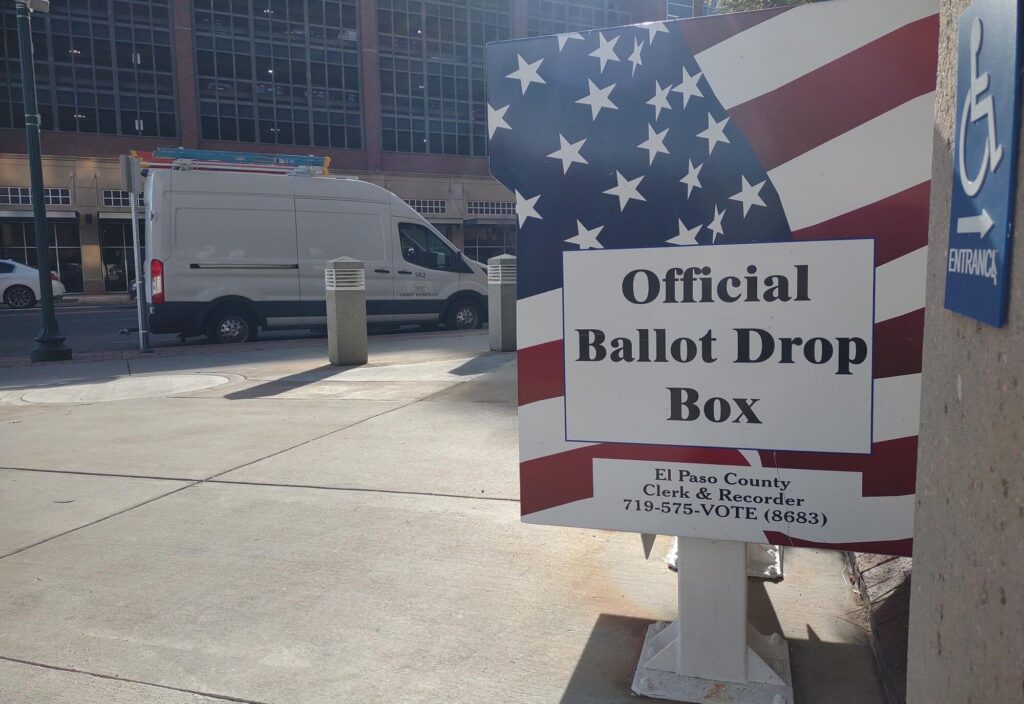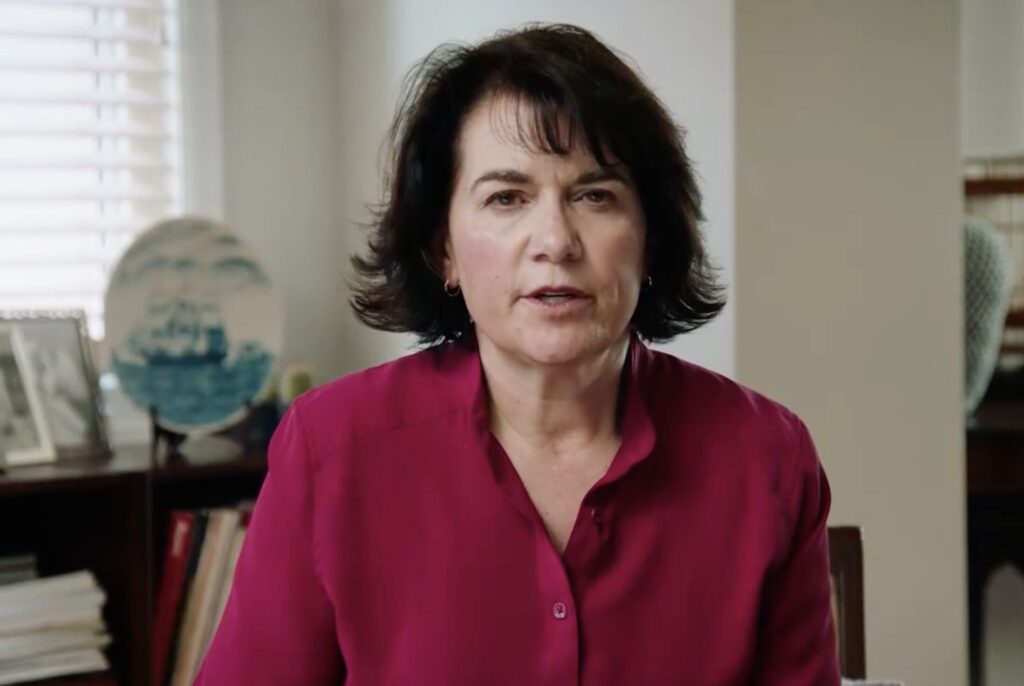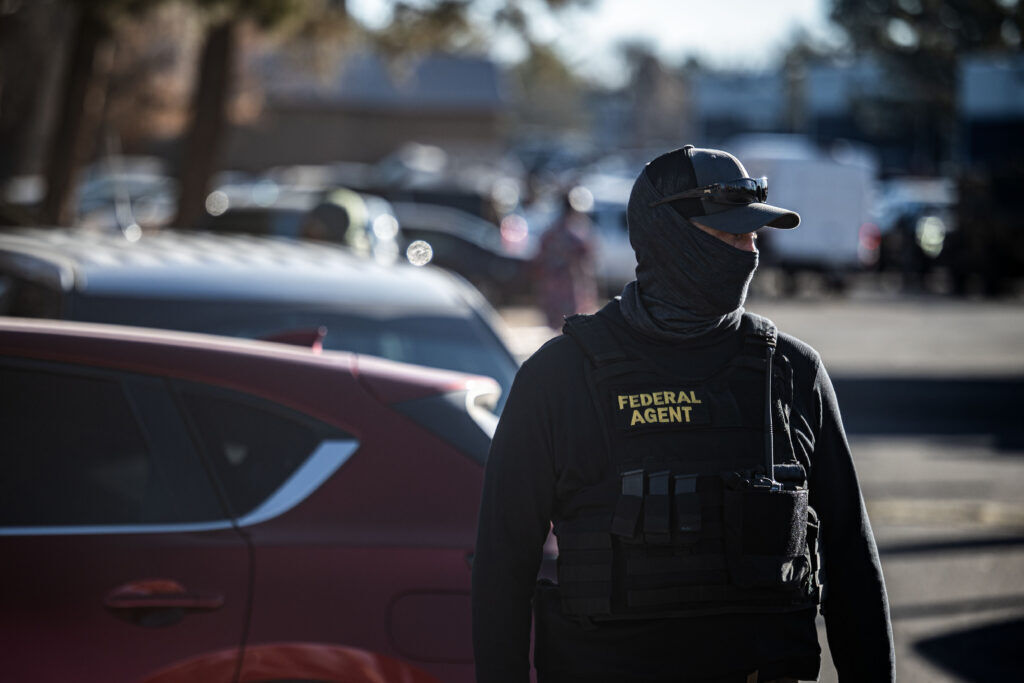Bill confronting Colorado’s growing fentanyl crisis now officially in front of lawmakers

The long-anticipated bill that intends to confront Colorado’s growing fentanyl problem is now public.
As first reported by Colorado Politics, House Bill 1326 ramps up criminal penalties for distribution of fentanyl, including a felony 1 drug charge for distribution that results in death.
District attorneys have requested the provision, arguing current state law allows only for an involuntary manslaughter charge in those circumstances.
Fentanyl is a synthetic opiate, but 80 to 100 times more powerful than similar drugs, including morphine and codeine, according to the Drug Enforcement Administration. It’s now commonly mixed with other drugs, such as heroin, cocaine, methamphetamines or even street marijuana, in part because it’s cheaper to produce and far more potent.
The fentanyl legislation comes amid heightened attention to the drug’s increasingly deadly impact in Colorado. Fatal overdoses involving the drug have skyrocketed since 2015, the product of shifting economics and priorities within the illicit drug trade and accelerated by the pandemic. More than 800 Coloradans died after ingesting fentanyl in 2021, according to state data. That represents a roughly 50% increase from 2020 and more than triple the number of deaths from 2019.
Speaker of the House Alec Garnett, D-Denver and Rep. Mike Lynch, R-Wellington, officially introduced House Bill 1326 on Friday. In the Senate, Sens. Brittany Pettersen, D-Lakewood and John Cooke, R-Greeley, will carry the bill.
Colorado lawmakers poised to introduce legislation tackling fentanyl crisis
Under the legislation, dealers caught with equipment tied to fentanyl production, including pill presses, would face felony 1 drug charges.
But HB 1326 also includes a “Good Samaritan” clause. Someone who provides fentanyl – whether intentional or not – but calls 911, stays on scene and cooperates with first responders or law enforcement to help someone who is overdosing would face lesser than a felony 1 drug charge, even if the recipient dies.
The bill doesn’t change the statutes on simple possession, which is at the heart of complaints about a 2019 law that decriminalized possession of Schedule II DEA drugs, including heroin, cocaine, meth and fentanyl. That law makes possession of 4 grams or less a misdemeanor. That gap has drawn complaints from sheriffs and chiefs of police.
Another section of the bill deals with education.
Sponsors point to the fact that fentanyl can now be found in virtually every street drug, including marijuana, and that one pill can kill. The bill calls for a rigorous public education campaign that includes the availability of test strips from K-12 schools, colleges and universities, community and religious organizations. Those test strips, in turn, can be distributed to those who use street drugs in hopes they will test their drugs before taking them. The bill also provides those same organizations with access to opiate antagonists, used to treat overdoses, such as Narcan and Naloxone.
The bill’s final major provision deals with treatment.
Supporters, including Rep. Leslie Herod, D-Denver, pointed out that addicts need treatment, not jail time, and the bill sets up mandatory treatment for those caught with drugs that contain fentanyl and which fall under the 4-gram threshold.
Sponsors intend to use about $29 million in American Rescue Plan Act money to pay for the test strips and opiate antagonists, while general fund dollars are expected to cover other costs.
HB 1326 is assigned to the House Judiciary Committee, but won’t be acted on until after the House wraps up its work on the 2022-23 state budget, called the Long Appropriations Bill, which is expected to be introduced in the House Monday and will take up most of the week.














